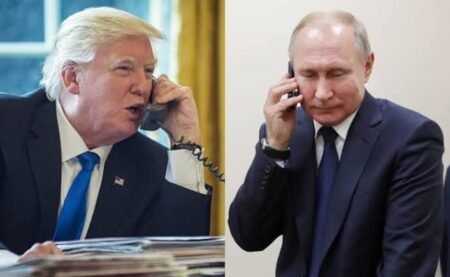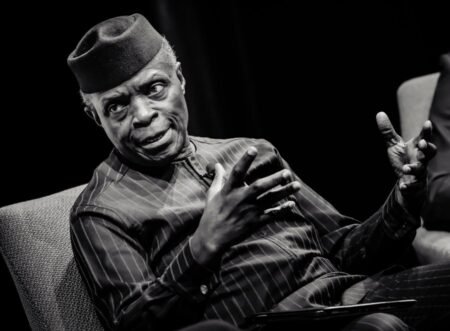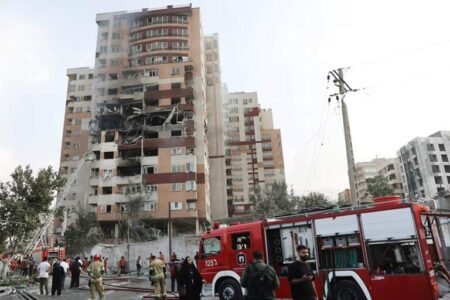Alberto Fujimori, Peru’s former president who ruled with an iron hand before serving 16 years in prison for crimes against humanity, died on Wednesday at the age of 86 in the capital Lima.
“After a long battle with cancer, our father, Alberto Fujimori, has just departed to meet the Lord,” his children Keiko, Hiro, Sachie, and Kenj wrote on social media platform X.
Fujimori, who led Peru from 1990 to 2000, was freed from prison on humanitarian grounds in December, two-thirds of the way through a 25-year term for crimes against humanity committed during his tenure.
He played an important role in Peru’s so-called war on terrorism, which pitted government forces against Shining Path and Tupac Amaru Marxist guerrilla groups.
From 1980 to 2000, it killed nearly 69,000 people and left 21,000 missing; the majority of them were civilians, according to a government truth panel.
Keiko Fujimori stated that her father’s wake will begin on Thursday at the National Museum, and his burial will take place on Saturday.
“We are waiting for all those who want to say goodbye to him in person,” she wrote on X.
The government declared three days of national mourning for Fujimori on Thursday, saying he will receive “the funeral honours that correspond to a president in office,” according to a proclamation published in the official gazette.
According to family sources, Fujimori’s health has drastically deteriorated since completing treatment for tongue cancer in August.
He was last seen in public on Thursday, leaving a Lima clinic where he claimed to have received a CT scan.
As news of his death circulated swiftly on social media, fans and adversaries argued about his legacy.
Many Peruvians referred to Fujimori, who was of Japanese origin, as “el chino,” or “the Chinese man.”
Following his death on Wednesday, supporters of the right-winger gathered outside his home, yelling, “El Chino did not die!” and El Chino is present!” Fujimori was convicted and sentenced to prison in 2009 for murders performed by army death squads in 1991 and 1992 that killed 25 people, including a toddler, in what he said were anti-terrorist operations.
Fujimori was pardoned in December 2017 by then-President Pedro Pablo Kuczynski owing to his sick health.
However, the Supreme Court eventually overturned the pardon, and in January 2019, he was sent to prison from the hospital.
Prime Minister Gustavo Adrianzen expressed his condolences to the Fujimori family.
“We want his children and relatives to know we feel sorrow,” he said.











